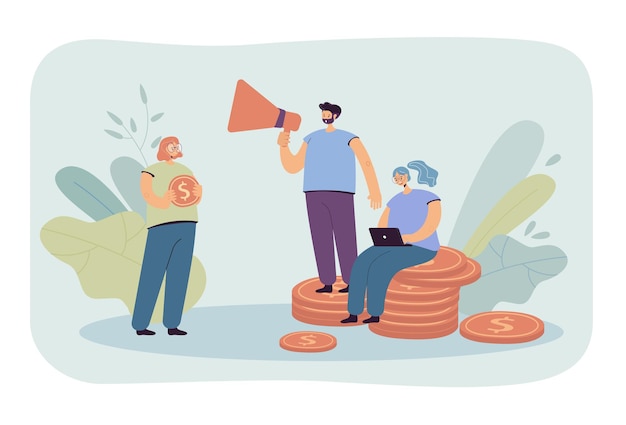
Managing multiple debts can appear daunting, seemingly impossible to pay off. You might even question your best strategy or which debt to prioritize. This is where debt consolidation steps in.
Consolidating your debt with a personal loan combines all your debt into a single balance, payable via the loan. There’s a multitude of consolidation strategies to better manage your debt and finances. You could merge high-interest credit card debt onto a card with lower interest or obtain a personal loan from SoFi to help manage it.
Like most financial decisions, though, the best choice is contextual to your circumstances and lifestyle. Wondering if debt consolidation is appropriate for your financial situation? Here are six pros and cons to consider in your decision-making process.
1. SIMPLE SINGLE PAYMENT
The most obvious advantage of debt consolidation is one simple payment, which simplifies your debt. Complicated and hard-to-track debt payments can make your finances more challenging to manage, leading to disorganization. Consolidating your debts instantly organizes your finances and makes payments much easier since you focus on a single account.
2. REDUCED PAYMENTS & INTEREST
Each debt account usually comes with a unique interest rate, some significantly higher than others. This aspect can complicate the repayment process as most of your payments may go towards the interest. Consolidating your debt leaves you with only one interest payment which could be lower too. Besides a lower interest rate, having a single account can help lower the actual payment amount as well.
3. FASTER DEBT PAYOFF
Addressing multiple debts often involves minor payments distributed across several accounts. As a result, the repayments are often less significant and slow in clearing the debt. Consolidating your debt into one payment, coupled with lower interest rates, allows more substantial payments, taking you closer to financial freedom at a quicker pace.
However, debt consolidation has its drawbacks.
4. ILLUSION OF MORE MONEY
Once you consolidate your debt, the accounts you merged revert to a zero balance. Despite transferring your debt, it’s easy to ignore it and focus on the fresh accounts, creating an illusion of being debt-free, tempting you to start using these accounts and accumulate more debt. It might not appear as harmful initially, but accumulative debt while eliminating existing debt can worsen your financial status.
5. POTENTIAL TO SPEND MORE
Although consolidating might enable quicker debt payoff in some instances, it might take longer in other situations, making it more costly. A hefty debt to pay off might not allow significant payments, potentially increasing the interest, adding to your overall debt.
6. POTENTIAL FOR WORSE FINANCIAL SITUATION
Depending on your handling of the consolidation process, you might end up in a worse financial state. For instance, falling behind on particular payments due to consolidation might risk losing your assets. Additionally, if a debt consolidation firm believes they can negotiate lower settlements, they may delay your payment, adversely impacting your credit score and history.
In conclusion, debt consolidation isn’t universally suitable. It’s crucial to scrutinize your financial habits before deciding. Treating larger, underlying issues such as budgeting problems or disorganization is crucial to debt management.
Consider speaking with a professional about your consolidation options before committing to it. Also, if a detailed plan to eliminate individual accounts seems more viable, paying off your debt in smaller pieces could be more beneficial.
Have you contemplated debt consolidation? What are the various options you’ve pondered over?


